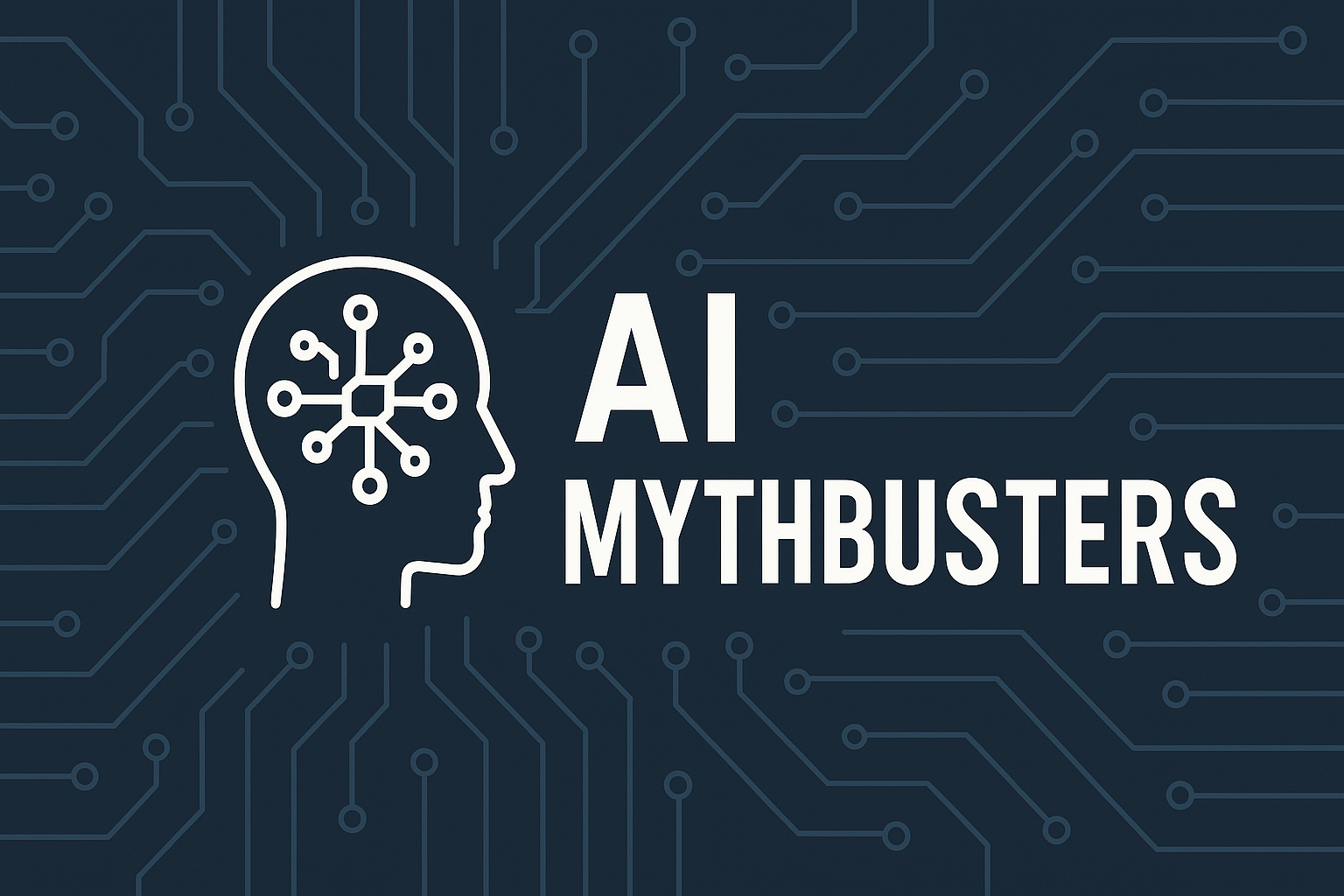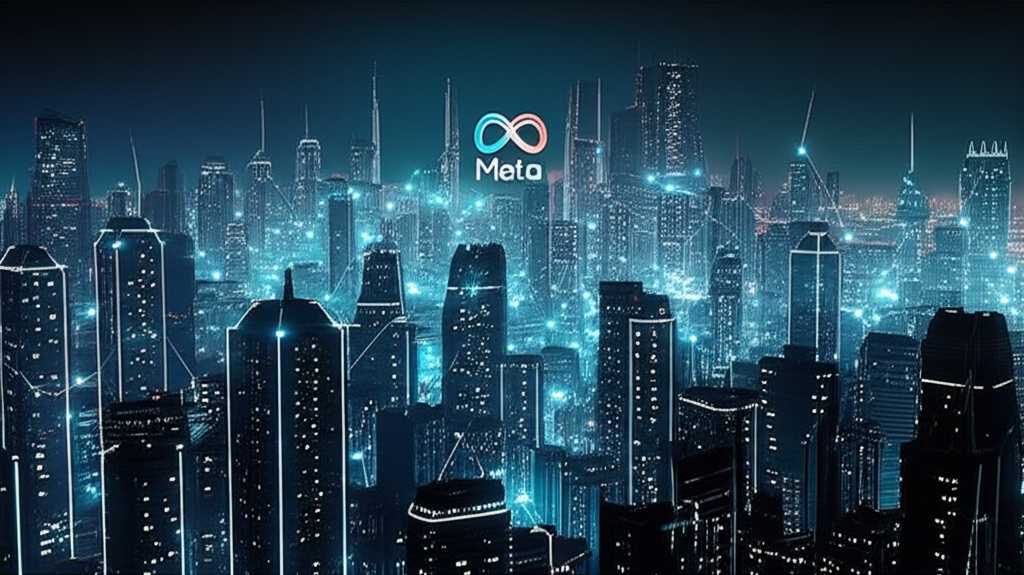Losing Trust: A Critical Look at the AI Agent Hype
As someone deeply involved in building AI agents, I'm finding my trust in the space eroding. I'm starting to feel a growing sense of disillusionment. It's not a rejection of the technology's potential, but a growing concern about the widening gap between the AI hype being generated and the reality of what's achievable in real-world applications. This isn't just about unmet expectations; it feels like we're on the verge of repeating the mistakes of past tech bubbles, driven by inflated promises and unsustainable investment. The chasm between what's being promised and what’s actually being delivered is becoming increasingly difficult to ignore. We need to be careful that the AI agent space doesn't become another cautionary tale of a technology that promised the world but failed to deliver on its core claims. Perhaps it is time to revisit the AI concepts and solidify foundations in the AI Academy.
The Misleading Label: Why 'AI Agent' Has Lost Its Meaning
Let's be real: most "AI agents" out there aren't agents. They're just workflows. They follow a script, maybe with a GPT call sprinkled in to make it sound smart. There's nothing wrong with a good workflow—they're often exactly what a business needs. But calling it an "agent" sets expectations for autonomous decision-making that simply isn't there. I spend half my time with new clients just explaining this distinction. The term "AI agent" has been so overused for marketing that it's become practically useless. The core of the issue lies in the gap between the perceived capabilities and the actual functionality. Many vendors are marketing simple workflows as sophisticated "AI agents," leading to confusion and unrealistic expectations. Businesses need to understand the difference between a pre-programmed sequence of actions and true autonomous decision-making. We, as practitioners, have a responsibility to be upfront about the limitations of the technology. Before diving into complex projects, it's crucial to assess whether a full-fledged "AI agent" is truly needed, or if a well-designed workflow would suffice. This honesty not only builds trust but also ensures that resources are allocated effectively. Learning about the nuances of the technology and understanding the distinction between AI hype and reality is essential. You can improve your understanding of these concepts at the AI Academy. We need to dial back the hype and focus on setting realistic expectations for what these systems can actually do. Overpromising and underdelivering erodes trust and ultimately hurts the entire industry.
The Demo to Reality Gap: AI Agents in the Real World
The slick demos you see at conferences or on Twitter showcase perfect-world scenarios that often fail to represent the real-world AI agent performance. In reality, these systems are often surprisingly brittle. One slightly off-key word from a user can send the whole thing off the rails, highlighting their unreliability. One bad hallucination can destroy a client's trust forever. We're building systems that are supposed to be reliable enough to act on a user's behalf, yet we're still grappling with fundamental reliability issues that nobody wants to talk about openly. Imagine pitching a groundbreaking AI agent solution, only to have it undermined by a single misinterpretation or a fabricated fact. This demo to reality gap erodes confidence and hinders widespread adoption. To bridge this chasm, the industry needs to prioritize robustness and transparency over flashy presentations, acknowledging the current limitations while diligently working towards more dependable and trustworthy AI agent solutions. If you're interested in learning more about the field, check out the resources at the [AI Academy](https://best-ai-tools.org/tool/ai-academy) to expand your knowledge.
Shifting Narratives: The Confusing Messaging Around AI Agents
One of the most unsettling aspects of the AI agent space is the shifting narrative surrounding their capabilities. The industry's messaging seems to change depending on who's in the room and who they are trying to impress. One minute, we're told that AI agents are poised to replace knowledge workers en masse, ushering in a new era of unprecedented productivity. These narratives often paint a picture of near-autonomous systems capable of handling complex tasks with minimal human intervention. The next minute, especially when regulators or concerned stakeholders start asking probing questions, the tone abruptly shifts. Suddenly, these same AI agents are downplayed as "just tools," mere spreadsheet helpers designed to augment human capabilities rather than supplant them. This constant whiplash creates immense confusion for potential customers and the public alike. It becomes exceedingly difficult to have an honest and transparent conversation about what these systems can realistically achieve and where their limitations lie. This inconsistency erodes trust and makes it harder for businesses to make informed decisions about adopting AI solutions. All of this often feels like the narrative is shaped by whatever message is most convenient for securing fundraising in that specific week. The pressure to attract investment can lead to exaggerated claims and a blurring of the lines between potential and reality. This raises serious ethical concerns. Is the industry prioritizing short-term financial gains over long-term sustainability and responsible innovation? Are we misleading potential customers and investors with overly optimistic promises about the capabilities of AI agents? These are critical questions that need to be addressed to ensure the healthy and ethical development of the AI agent ecosystem. If you're interested in learning AI and staying up-to-date, check out the AI Academy for more insights. For the latest updates and happenings, be sure to read AI News.
Actions Speak Louder Than Words: AI Insider Behavior and the Hype
This is the one that really gets me: the actions of insiders don't match the hype. The top AI researchers, the ones who are supposedly building our autonomous future, are constantly job-hopping for bigger salaries and better stock options. It makes you wonder about the true level of conviction. If these individuals truly believed they were on the cusp of revolutionary AI advancements, say, 18 months away from building something that would fundamentally change the world, would they really be so quick to switch companies for a 20% raise? Or would they stick around to see their world-changing vision through to completion? The incentives seem misaligned. It highlights a crucial point about AI research and development: are we prioritizing genuine innovation and long-term commitment, or simply chasing short-term financial gains? The frequency of job changes among leading researchers raises serious questions about the overall belief in the imminent, world-altering potential that's constantly being promoted. It's hard to reconcile this behavior with the narrative of a field on the verge of unprecedented breakthroughs. This AI insider behavior creates a dissonance, suggesting that the drive for personal financial gain might be overshadowing the collective pursuit of meaningful technological advancements.
Solving Non-Existent Problems: The Misdirection of AI Investment
So much of the venture capital in this space is flowing towards building "revolutionary" autonomous agents that solve problems most businesses don't actually have. It feels like we're building solutions in search of a problem, rather than addressing genuine needs. Meanwhile, the most successful agent projects I've worked on are the boring ones. They solve specific, painful problems that save real people time on tedious tasks. Think automating expense reports, or automatically categorizing customer service tickets - useful applications of AI that make a tangible difference. But "automating expense report summaries" doesn't make for a great TechCrunch headline. These unglamorous but useful AI solutions are often overlooked, both by the media and by investors chasing the next big breakthrough. While everyone is focused on Artificial General Intelligence, we are missing out on the real potential of AI: making current workflows more efficient and less tedious. Perhaps learning more about AI through the AI Academy could help refocus priorities onto more practical solutions.
Avoiding the AI Winter: The Path to Sustainable AI Solutions
The potential of AI remains undeniable, but the current trajectory is unsustainable. We're increasingly prioritizing hype over honesty, dazzling demos over genuine reliability, and the allure of quick funding over the diligent construction of enduring solutions. This imbalance threatens to undermine the very foundation of trust upon which AI's future depends. To avoid an AI winter, a period of disillusionment and stagnation brought on by overblown expectations and unfulfilled promises, we must fundamentally shift our focus.
The path forward demands a commitment to building trustworthy and reliable systems. This means prioritizing robust performance in real-world scenarios over flashy presentations. It requires open and honest communication about the limitations of AI, as well as its capabilities. Clients who want to improve their skills, should check out the AI Academy. It also entails a dedication to solving tangible problems, rather than chasing abstract, futuristic visions. If we don't keep up with AI News, how will we know what's going on? Only by embracing this approach can we hope to cultivate a sustainable AI ecosystem, one that delivers lasting value and avoids the pitfalls of hype-driven development. For example, everyone is talking about ChatGPT, but does it really deliver the value needed? Or is it overhyped? These are the questions that need to be asked.
SEO Keywords
AI agents, AI agent hype, AI agent reality, AI agent reliability, AI agent trustworthiness, Autonomous AI agents, AI workflows, Demo to reality gap AI, AI industry messaging, AI research job hopping, Solving real-world problems with AI, Sustainable AI solutions, AI winter, AI agent development, AI for business solutions
Related Hashtags
#AIEthics #SustainableAI #AIRealityCheck #AIInnovation #ResponsibleAI
For more AI insights and tool reviews, visit our website www.best-ai-tools.org, and follow us on our social media channels!
X (Twitter): https://x.com/bitautor36935
Instagram: https://www.instagram.com/bestaitoolsorg/
Facebook: https://www.facebook.com/profile.php?id=61577063078524
LinkedIn: https://www.linkedin.com/company/best-ai-tools-org
YouTube: https://www.youtube.com/@BitAutor
Medium: https://medium.com/@bitautor.de
Telegram: https://t.me/+CxjZuXLf9OEzNjMy



